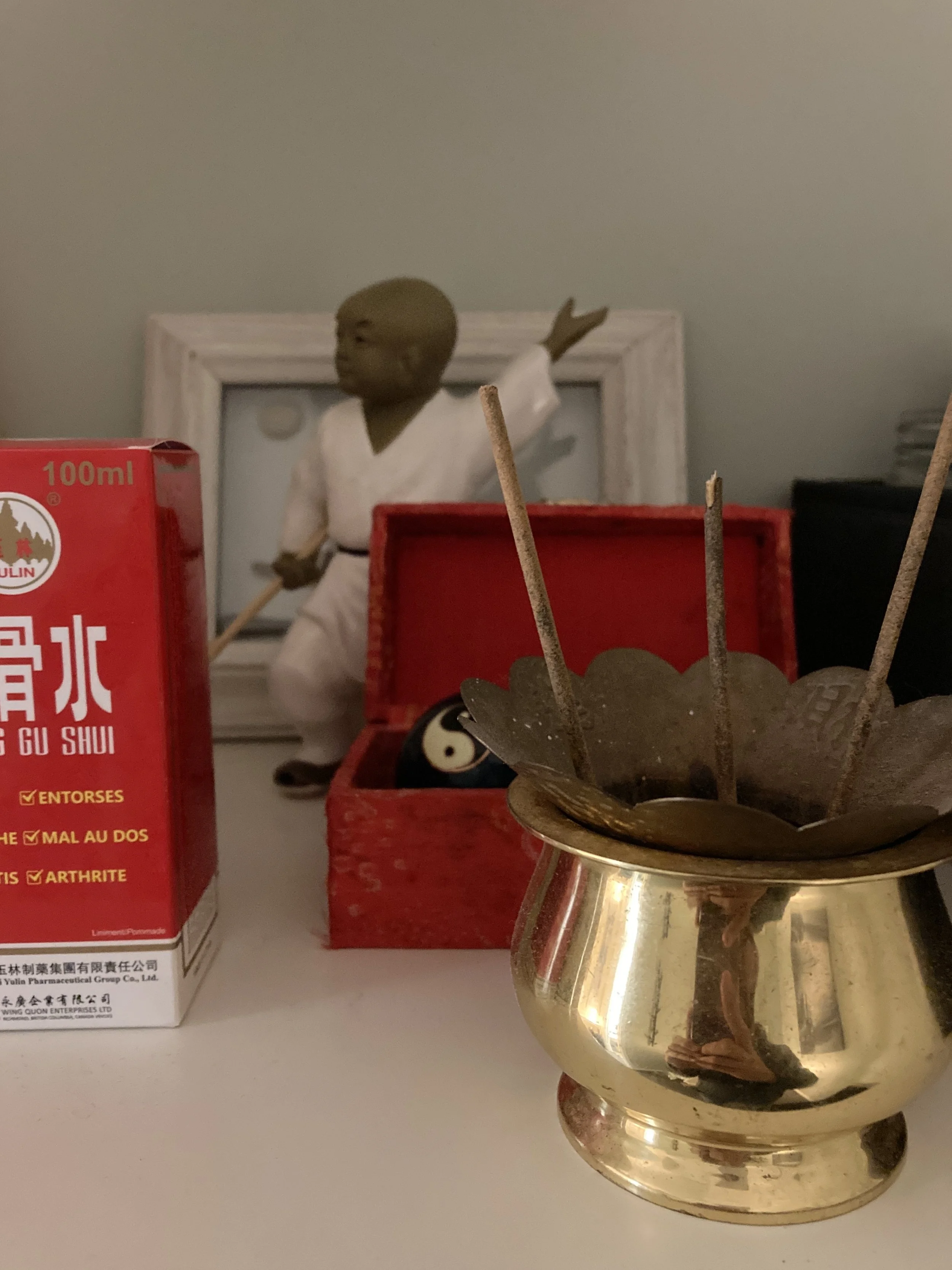Culture in the Clinic
Working in a multi-disciplinary clinic can have its challenges. However, there are ways to mitigate these challenges. The first way is to point one's finger back at oneself and see how one is contributing to the culture.
Before I head into the clinic, I picture in my mind's eye how I want my colleagues and my patients to view me. I change my posture, my breathing, and picture what words I will say and modify my tone of voice. With just these small changes, I begin to alter my reality. People are like mirrors. If I am kind, high energy, and look for ways to make people's lives easier, they will often mirror it back to me. They will also carry it forward to the next person they encounter.
I might find some time between patients, which gives me an opportunity to fold some sheets - a never-ending job that often falls on reception. While I walk the same hall over and over during the day, I look for little bits of paper or things to pick up off the floor and throw in the trash. It's always somebody else's job to do these things, until nobody does them at all.
I protect the front-end staff. Every few months I will have a patient who thinks they can treat reception like trash while treating me with respect. It usually takes only a quick chat to rectify the problem, but it is not something I recommend leaving unchecked. I can count on three fingers as to how many patients I've had to fire due to front-end staff abuse, so it is very rare that patients won't respect my wishes for them to be, well, respectful.
Finally, some clinic environments can still be hard to work in. No matter how much a practitioner contributes good vibes to the culture there will always be clashes of personalities. There are two things I do in this scenario:
I still keep it polite and professional. In fact, I make it even more professional than it was before: I treat each interaction with that person like a impersonal business transaction is taking place. Polite. Professional. Without the emotion attached to it.
I focus on what I am there to do: get in, give amazing treatments, get out. Picture going to an island for work, and on the island you have your own private sector. In your private sector, you do your best work there, and then leave the island at the end of the day. As you board your boat to leave, make sure you wave and smile and say good-bye to everyone still on the island. Basically: stick to yourself, do your job, and go home. This doesn't mean that you have to go out of your way to treat people badly, but it does mean that you are laser-sharp focused on the task you've set out to do. It takes a little bit of the emotion out in terms of the in-clinic relations, and leaves you to put your energy where it counts: in the treatment room (while keeping some for yourself).
The culture in the clinic starts with you.

